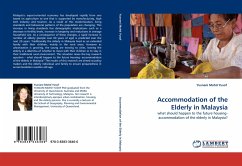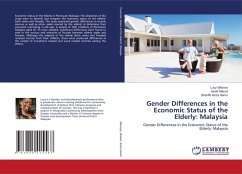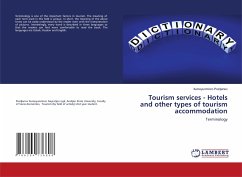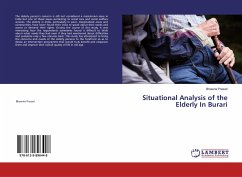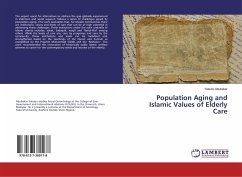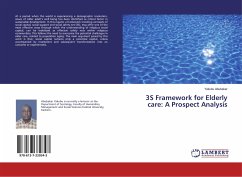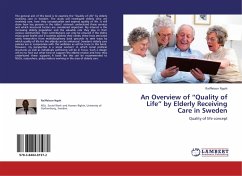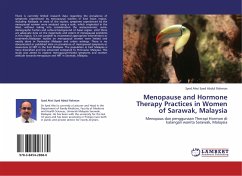Malaysia s export-oriented economy has developed rapidly from one based on agriculture to one that is supported by manufacturing, high tech industry and tourism. As a result of this modernization, living standards and behavioral patterns of the population are changing. This increase in living standards has demographic implications such as a decrease in fertility levels, increase in longevity and reductions in average household size. As a consequence of these changes, a rapid increase in number of elderly (people over 60 years of age) is predicted over the next 20 years. Traditionally the elderly in Malaysia lived as an extended family with their children, mainly in the rural areas. However as urbanization is growing, the young are moving to cities, leaving the elderly in a dilemma of whether to move with their children or to stay in their traditional rural environment. This situation raises the key research question what should happen to the future housing- accommodation of theelderly in Malaysia? The results of this research are aimed at policy makers and the elderly individual and family to ensure preparedness in accommodation needsin old age.
Bitte wählen Sie Ihr Anliegen aus.
Rechnungen
Retourenschein anfordern
Bestellstatus
Storno

